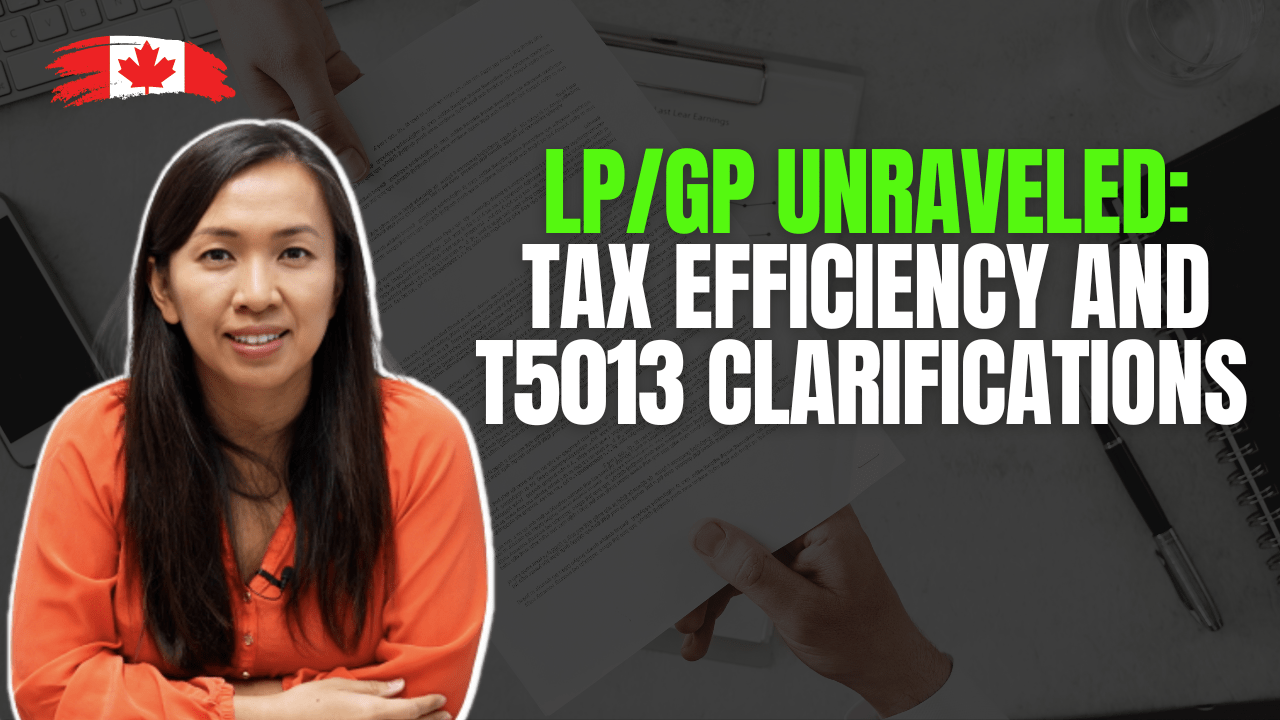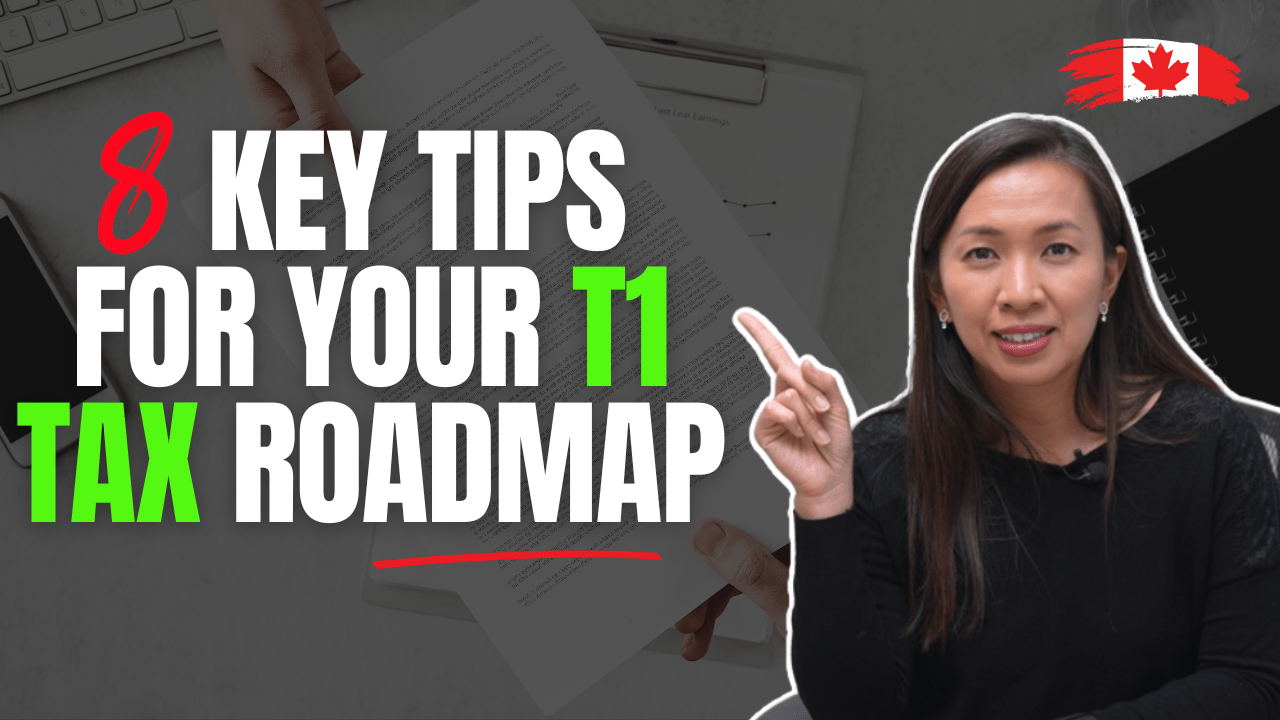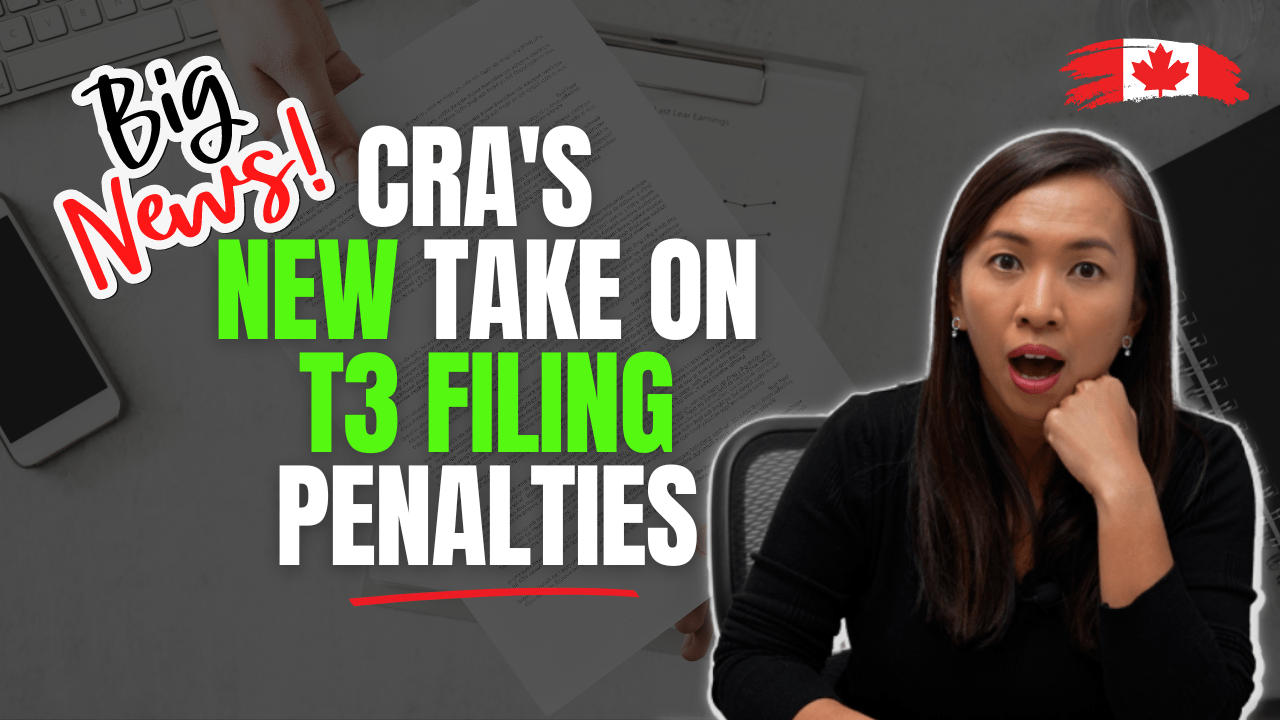Recently, I saw a headline, “Condo flippers beware: The taxman is watching you, and has new tools at his disposal to ‘take action’” on Financial Post.
It’s an interesting case as the court sided with the taxpayer’s position.
Before I go into the nitty-gritty of the case, let’s revisit the basic tax concept.
When you sell an investment property that is considered a capital property (generally speaking, long-term buy and hold are considered capital property), the profit you make from the transaction is considered capital gain.

Capital gain in Canada is 50% taxable.
However, if you sell a property for a quick profit, the money you make is considered income. Income is 100% taxable.
You pay double the amount of tax.
So, how do you determine a transaction is considered capital gain or business income?
There’re 4 factors deciding whether a particular transaction is capital gain or business income.
- What’s the taxpayer’s intention with respect to the real estate at the time of purchase and the feasibility of that intention
- Does the taxpayer work in the real estate business? The more closely the taxpayer’s business/career is related to real estate, the more likely the transaction is considered income, rather than capital gain
- How did the taxpayer use the property?
- Does the taxpayer have a mortgage on it? What’s the term of financing? Short-term vs. long-term financing is also a factor to determine the profit from the transaction is considered income or capital gain.
In this article, the author referred to a recent court case, Bygrave v. The Queen, 2019 TCC 138. The taxpayer, who is a Toronto Transit Commission transit operator, had lived in a townhouse with his brother since 1999.
His brother got married, continued to live at the same house with wife and kid. The brothers had been discussing going separate ways around 2005 and 2006.
From that conversation, the taxpayer made the decision to put an offer to purchase a pre-construction 2 bedroom apartment.
The plan was to sell the townhouse and move to a home that was smaller and closer to his workplace.
Their parents bought their residence in Jamaica and planned to retire there around the same time.
Their dad passed away in Jamaica in 2009 and mom decided to move back to Canada to live with the family.
Since mom moved back, the taxpayer thought that living in a 2 bedroom condo would be too small for him and his mom.
So, he took occupancy of the pre-construction condo in 2009 and sold it immediately.
He reported the sale as a capital gain.
For those who’ve followed my blog for a while, I discussed how CRA has been very aggressive in auditing real estate transactions in recent years.
If you sell a brand new property without living in it, or rent it out and report the sale as a capital gain, CRA always treats it as a flip.
It’s no difference in this case.
Taxpayer disagreed with CRA’s assessment and he appealed.
The court analyzed the transaction based on the 4 factors mentioned above.
- Taxpayer’s intention was to use the property as his primary residence. Circumstances changed and his mom was to going to live with him. A 2-bedroom apartment was no longer big enough and he decided to stay instead. His intention was to always move into the property.
The taxpayer was also able to provide proof (mainly documents showing addresses that are consistent with his claim).
The judge concluded that his intention was on the capital account.
- The taxpayer is a TTC transit operator. His occupation has nothing to do with real estate. Judge also concluded that this factor favours a finding on account of capital.
One interesting thing to note though, the court case even went as far as mentioning the taxpayer’s brother’s occupation and their late father’s occupation for analysis purpose.
The court goes far beyond the taxpayer’s own occupation to determine whether the taxpayer has any connection to the real estate industry.
- The taxpayer didn’t use the property as a rental property (did not rent it out). In the court’s eyes, this factor favours a finding on account of income.
- Taxpayer refinanced the townhouse to buy out his brother’s share of ownership in the townhouse. He also admitted that he could not carry the mortgages for both the townhouse and the condo at the same time. Limited information was provided for the court to analyze this factor. The judge found that this factor to be neutral.
Based on the analysis listed, especially with respect to the intention of the taxpayer, the tax court judge sided with the taxpayer.
This is a small win from us, being the taxpayers, but you can’t simply rely on your own “intention”.
The intention is based on case fact. Every case is different. The key is to keep the documentation that can corroborate and support your intention.
Until next time, happy Canadian Real Estate Investing.
Cherry Chan, CPA, CA
Your Real Estate Accountant





